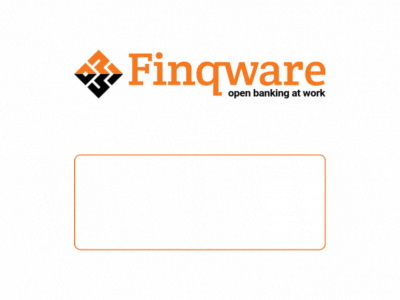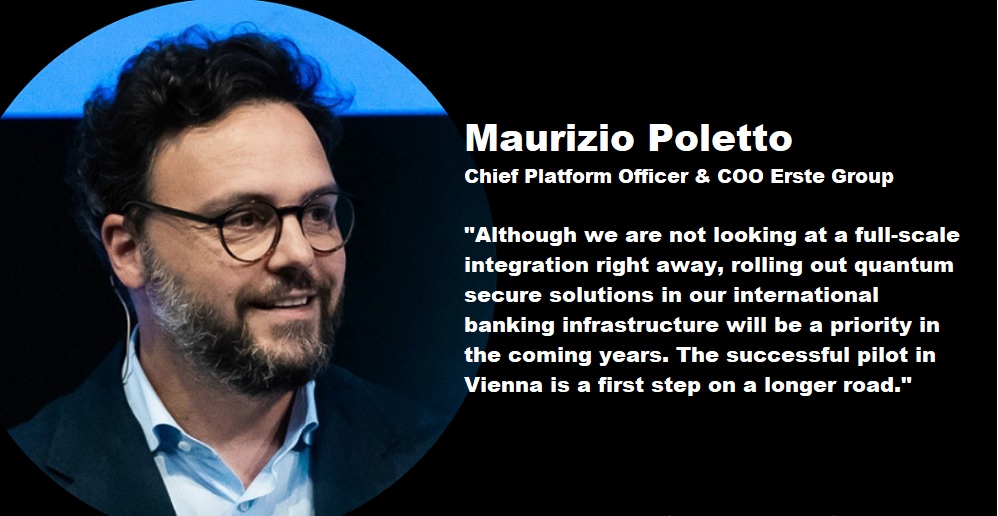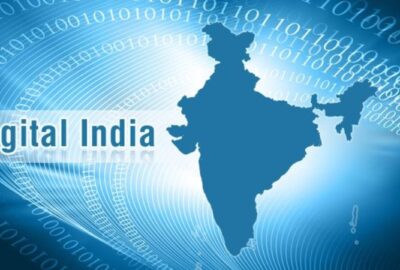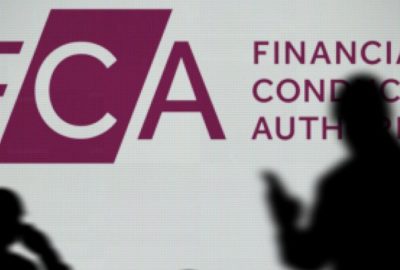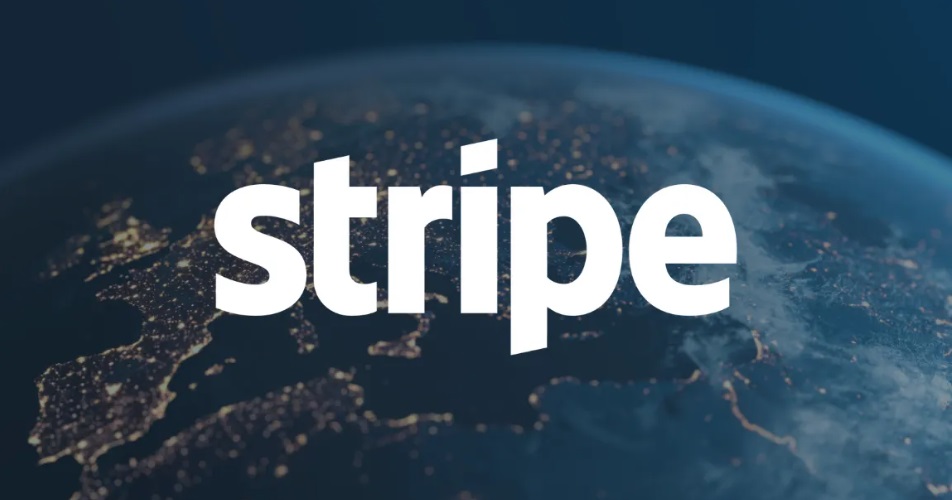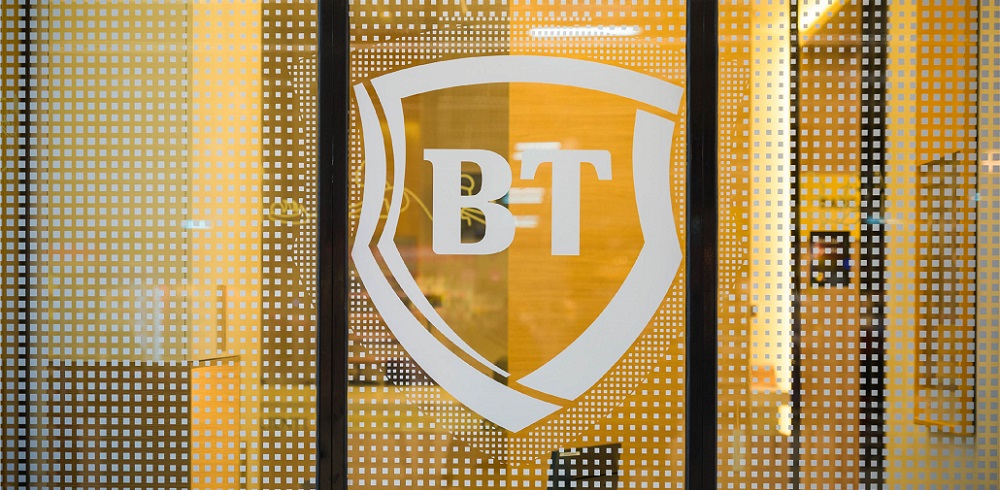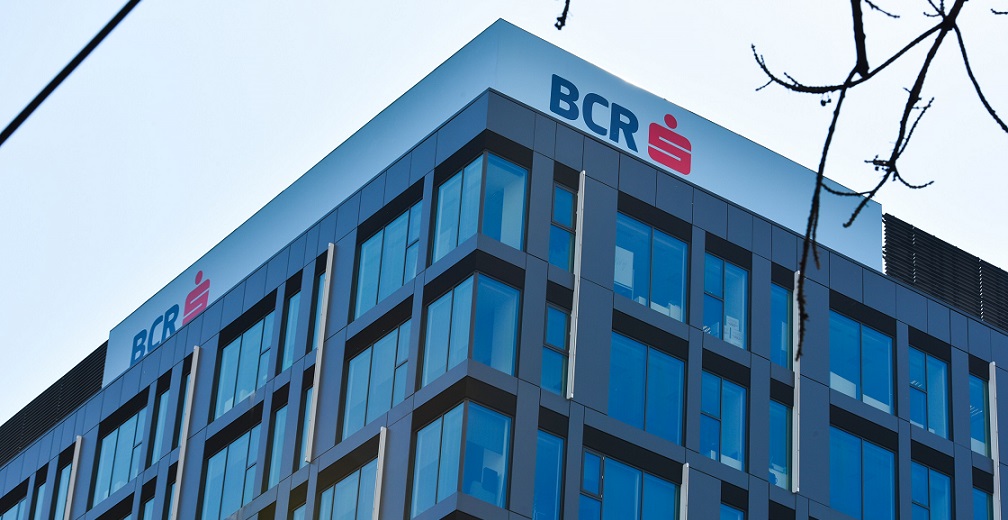New payment method for air tickets successfully demonstrated: direct debit, account to account. IATA will validate the concept with the intention to expand.
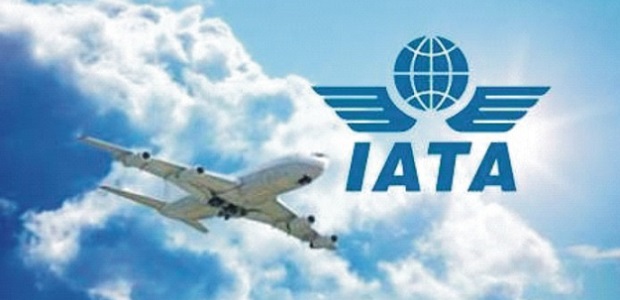
The International Air Transport Association (IATA), a legal entity who represents some 290 airlines in 120 countries, comprising 82% of global air traffic, announced the successful completion of the first “IATA Pay” ticket purchase transaction in a live test environment. The transaction was conducted in partnership with ipagoo, a UK-based fintech company.
IATA Pay is an industry-supported initiative to develop a new payment option for consumers when purchasing a ticket directly from an airline website. It is made possible by the European Commission’s second Payment Services Directive (PSD2), and the UK’s Open Banking regulation.
„These regulations encourage use of so-called direct debit transactions in which payments are made from the customer’s bank account directly into the bank account of the merchant. This method offers an extremely high level of security to both user and recipient and can be instantaneous.”, according to the press release.
IATA’s role is to develop an industry solution enabling airlines to make this payment option available on their websites. The live test conducted with ipagoo was done under the UK’s Open Banking framework with IATA Pay pilot airlines, including Cathay Pacific Airways, Scandinavian Airlines and Emirates.
For airlines, the advantages of IATA Pay are: i) cheaper payment option compared to other alternatives, ii) highly secure, iii) faster cashflow with instant/near instant payment to the merchant and iiii) simpler payment process resulting in fewer lost sales. For consumers the benefits include access to a new, simpler method of payment that is highly secure.
“Today’s consumers, and especially millennials, have expectations of multiple payment options including mobile and peer-to-peer. IATA Pay responds to these expectations. At the same time, airlines are trying to manage significant card payment costs – $8 billion per year and rising. A large part of this cost is incurred in direct purchases from airline websites. One of IATA’s strategic objectives is to support airlines’ financial sustainability including controlling costs,” said Aleksander Popovich, IATA’s Senior Vice President of Financial and Distribution Services.
Carlos Sanchez, CEO, ipagoo said: “We are delighted to have completed the first Open Banking live transaction for the airline industry, helping IATA and its member airlines to achieve their goals of operational and financial efficiency. ipagoo’s technology provides a secure, multi-country banking service for IATA. We are at the forefront of development and innovation within the financial industry and committed to helping businesses and their clients take advantage of the opportunities provided by Open Banking.”
IATA is also working with Deutsche Bank on a prototype for Europe (excluding the UK), starting with the German market, which is expected to undergo testing in early 2019.
Following this, IATA will validate the concept with the intention to expand to other regions.
ipagoo is the first Pan-European Digital Bank specialized in „everyday banking” and operating in open architecture. ipagoo is part of the Orwell Group, a regulated payments services provider specializing in cash management function.
Dariusz Mazurkiewicz – CEO at BLIK Polish Payment Standard
Banking 4.0 – „how was the experience for you”
„To be honest I think that Sinaia, your conference, is much better then Davos.”
Many more interesting quotes in the video below:
